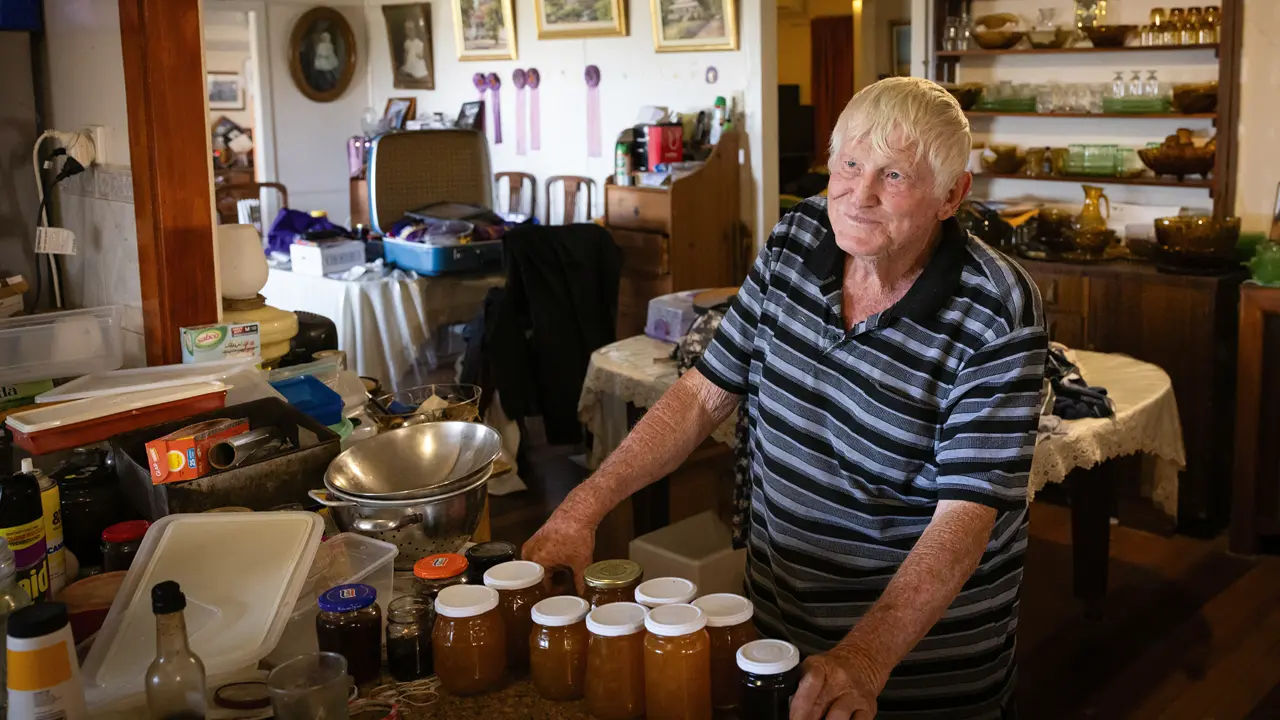Mary MacKillop’s canonisation in Rome in October will make her Australia’s first saint, providing international recognition of a life devoted to the poor and the marginalised in bush settlements across Australia.
Story By Margaret Muller
Mary MacKillop began her life’s work in the bush settlement of Penola in south-eastern South Australia in 1866 when she opened the first St Joseph’s school in a stable. This year, just three months before her canonisation, a tornado ripped through Penola causing havoc to all that lay in its indiscriminate path, including the site of the stable school and the St Joseph’s schoolhouse built in 1867 on the other side of town.
A few days later Tim Fischer, the Australian ambassador to the Vatican, arrived to find the schoolhouse swathed in tarpaulins and a water tank tethered securely to a nearby tree. He had come to present a special Vatican flag to the Mary MacKillop Penola Centre and thank the local Coonawarra vignerons for their donations of wine to the 2010 Australia Day and MacKillop canonisation celebrations in Rome. What he saw was the resilience of a rural community working together, led by various emergency services groups, in the aftermath of a disaster. All were thankful that no one had died nor been seriously injured.
“It has taken decades to recognise her and it is part of my role to see that her profile is lifted,” Tim says of MacKillop. “She showed can-do, absolutely positive leadership dimensions and exceeded her own expectations. She got up off the floor after some dreadful experiences. Those hard times of the 19th century in bush Australia produced some outstanding Australians. John Monash and John Flynn are others. I see Mary MacKillop putting a real gender balance into the heroes of outback Australia.”
Born in Melbourne on January 15, 1842, to Flora and Alexander MacKillop, Catholic Highland Scots from the Gaelic-speaking Braes of Lochaber, MacKillop was the first of eight children. She later commented, “My life as a child was one of sorrows; my home, when I had it, a most unhappy one”. She experienced poverty caused by her volatile father’s inability to manage money, which meant that the family moved frequently and often relied on the charity of relatives. Fortunately, her “poor Papa” was a scholar and linguist who gave her a rigorous secular and religious education when they were living on farms with no access to suitable schools. He and her gentle mother instilled in her their Catholic faith.
This story excerpt is from Issue #73
Outback Magazine: Oct/Nov 2010









